Posts for searches are difficult. Often times our participation is part of a police investigation. When that is the case, we will not post as to our activities until released by the Law Enforcement organization. Typically that doesn’t happen. By the time we are able to post the search is many years behind us. This post is an example.

The subject was a male who had gone caribou hunting the previous August. There was an initial search in September of the same year. The only evidence found was the hunter’s vest and camera hung near a caribou the hunter had shot.
This search was taking place the following July. The expectation was the team might find his rifle, pack, bits of his clothing and bones. The family wanted closure. They knew the odds were against getting it, but they still wanted us to try.
We were called to participate in a multi-state team search. Law enforcement had called off the search and we were going in as private citizens. The family of the missing man financed the bulk of the costs. The searchers were responsible to get themselves and their dogs to and from Montreal.
The search took place, one degree south of the Arctic Circle and GSSARDA provide one dog and handler – Sherri and Lektor. The remaining team members came from Nova Scotia, New Jersey and Pennsylvania. Operational leader was provided by the Nova Scotia team. Searchers were organized into a dog, a handler and a support person.
Gear was carefully weighed and maximum allowable for handler and dog, including the crate and dogfood was 60 pounds. Handlers had to pare down their gear to the bare minimum.
The team flew from Montreal due north to Canipiseau and were transported by float plane 120 mile NNW to the caribou hunters campsite. There were heavy iron deposits causing compass needles to spin wildly and the declination was 24 degrees the teams would have to mostly navigate with GPS. Temperatures ranged from a low of 30 degrees F to 65 degrees F. It snowed the last day of the search, July 23rd. Sunrise was 4 AM and sunset was 1 AM. To further complicate matters the maps of the area had not been updated since 1927. The radios for the team were lost and never recovered. The only communication devices available were FRS radios that were out of range for much of the search. Handlers relied on radio clicks to communicate.

Lektor was injured loading onto the float plane. A nail on a rear paw was pushed back into his toe. Trooper that he was he still participated in the search on three of the five days. Sherri went as support on the other two days.

There was no way to bathe. Facilities was a one hole outhouse and heat, lights and cooking was with oil or gas. Much of the food was Canadian MREs (they were superior to American military MREs). There were two plywood cabins with tarps for roofs. The cabin occupied by the women had to be repaired on arrival as a bear had ripped a rather large hole in the back in its quest for food.

Teams were given a kilometer by a kilometer to search each day. The air was so devoid of human scent the dogs were finding shell casings, beverage cans, cheese cloth, tea and coffee wrappers and other searchers 700 meters away. In total 15,000 acres was searched with no evidence found to indicate the subject’s location.
It was a very discourage group that returned to Montreal. We were all smelly and sporting various levels of injuries and we had nothing to give the family that had expended considerable resources in the hopes we would find their loved one. They had every reason to be bitter and want to avoid us. Instead they hugged us and thanked us. They will always be held in high regard by those who manned that search.

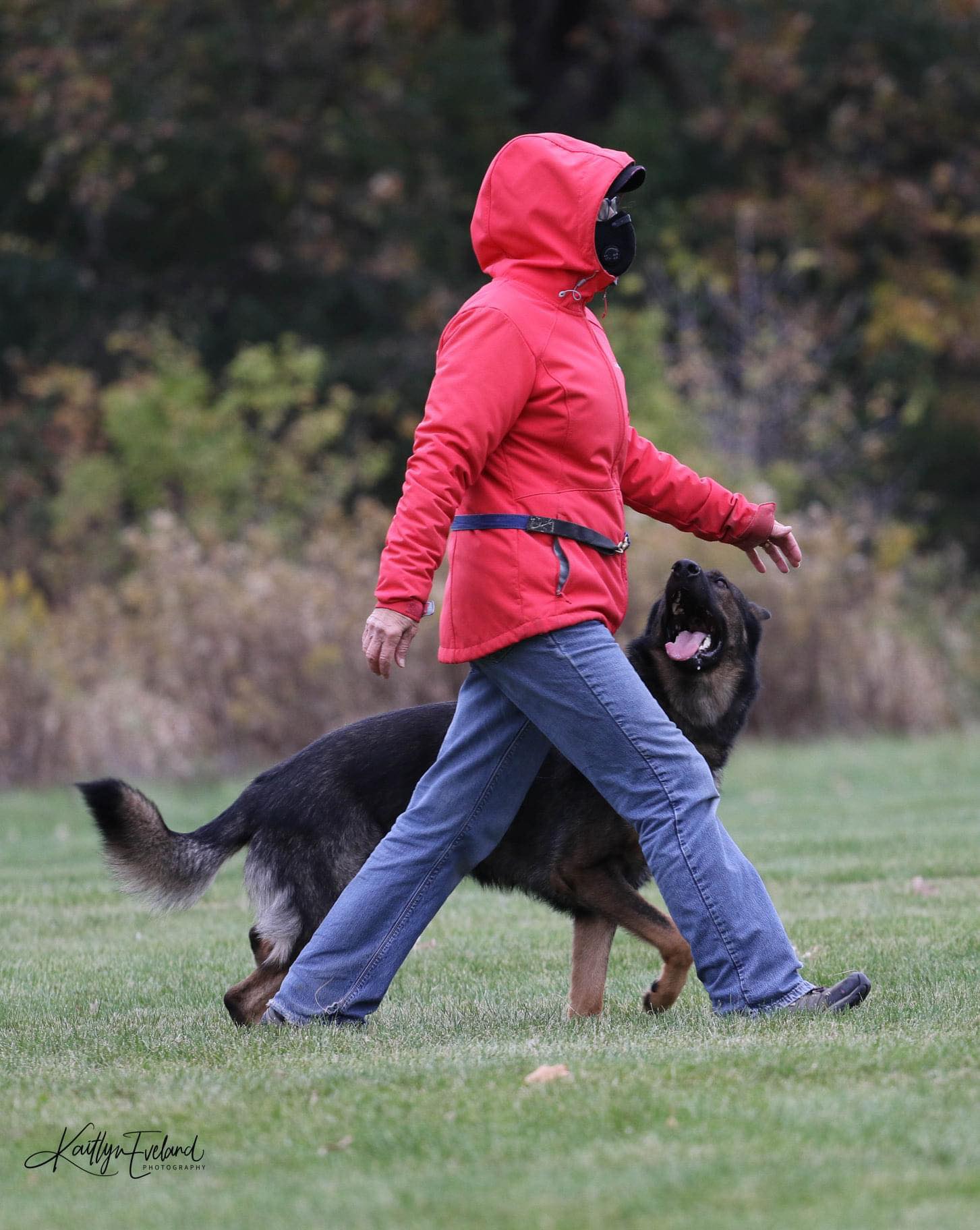
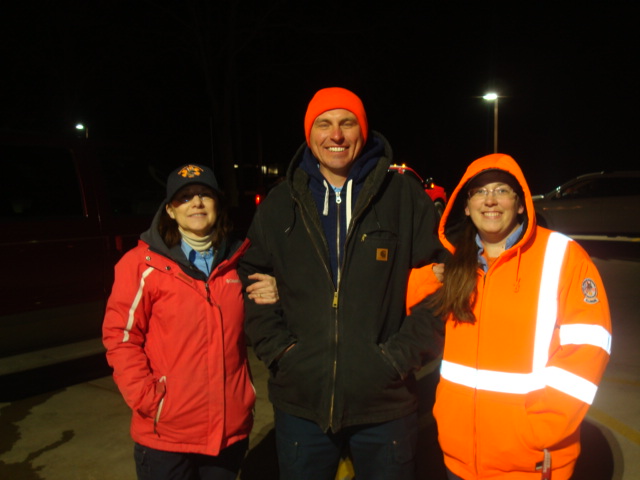
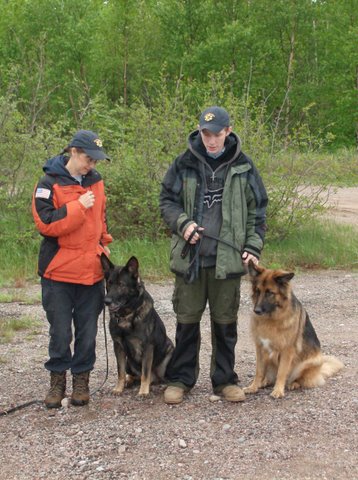
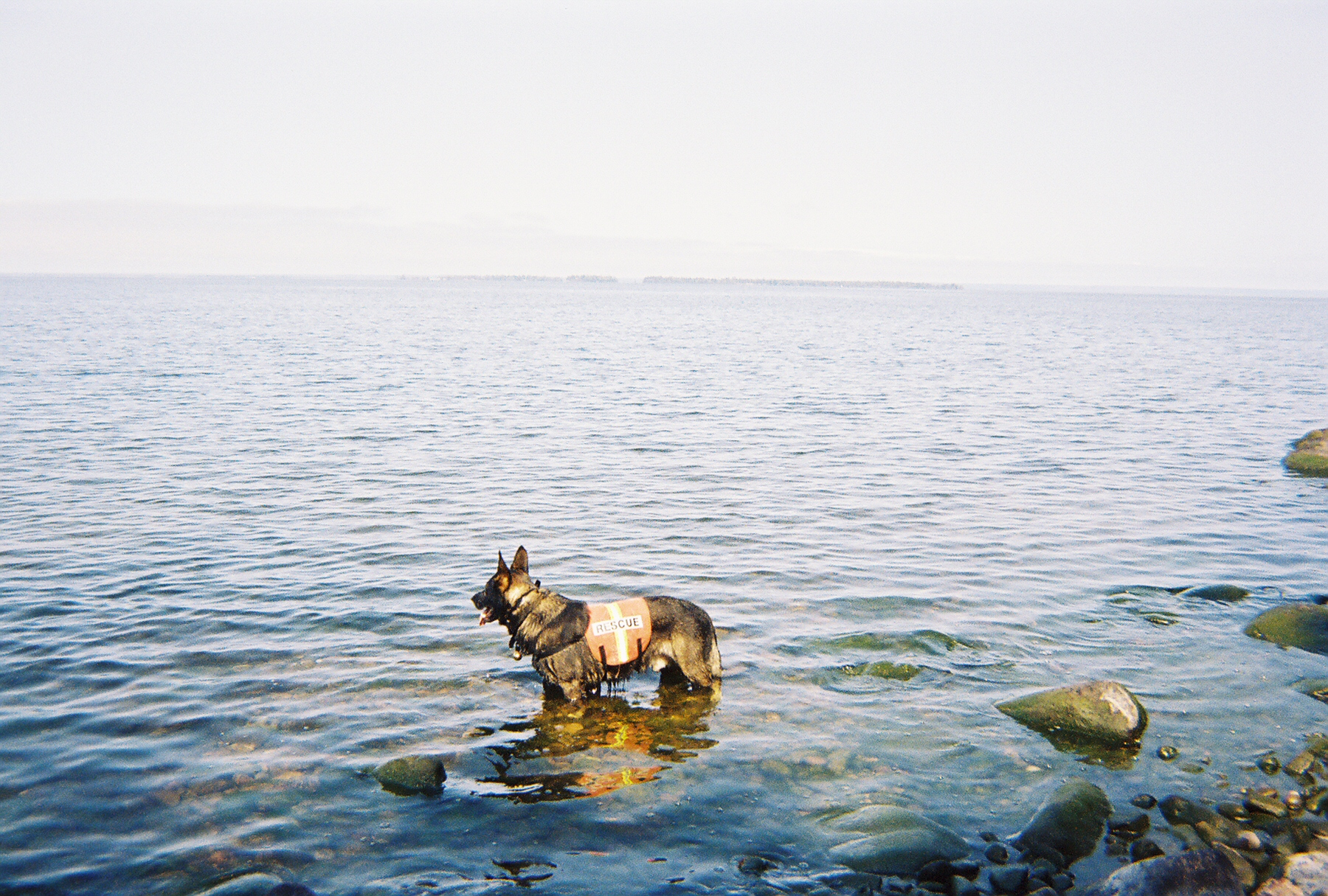
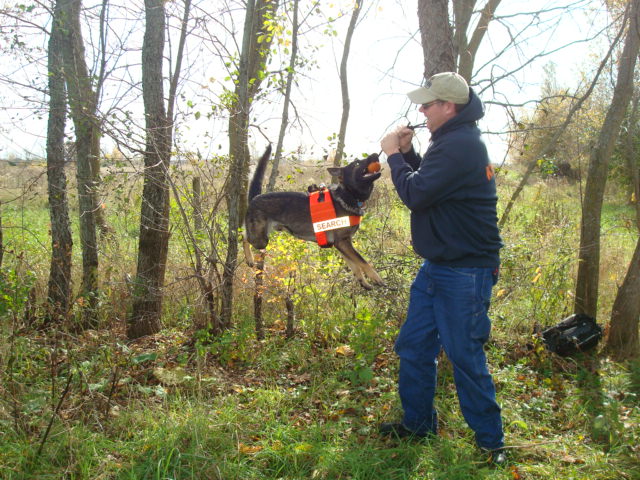
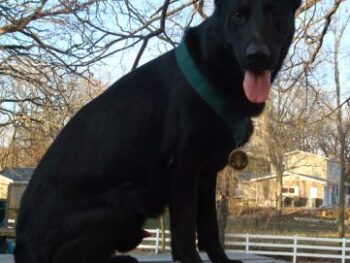
Leave a Reply